Kenya’s Changing Role in East Africa: Mediation or Interference?
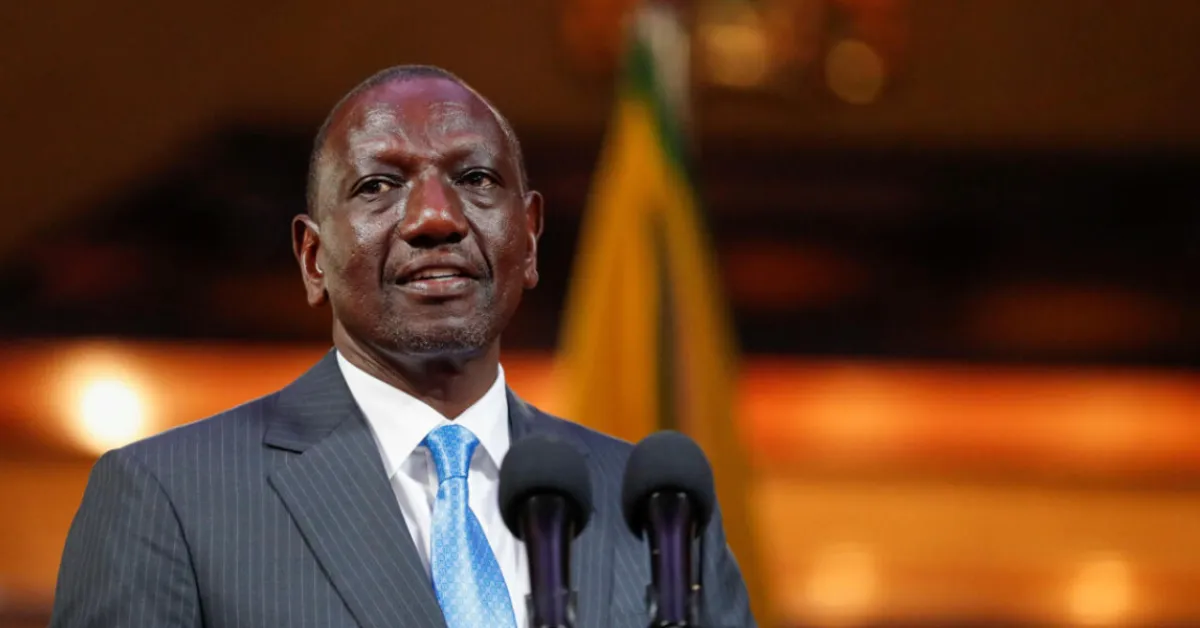
Since assuming office in September 2022, President William Ruto has significantly reshaped Kenya’s foreign policy, drawing criticism for its increasingly assertive and transactional approach.
Once regarded as a stabilising force in East Africa, Kenya now finds itself at odds with several neighbouring states, including Sudan, the Democratic Republic of Congo (DRC), South Sudan, and Somalia. Analysts argue that Nairobi’s growing economic ambitions and security interests have compromised its traditional neutrality, raising concerns about its role in regional conflicts. Kenya’s diplomatic recalibration has been particularly evident in its engagement with Sudan.
In February 2025, Nairobi hosted a controversial meeting involving Sudanese rebels—the Rapid Support Forces (RSF)—alongside allied political parties and civil society organisations. The gathering, which led to the announcement of a “parallel government,” was widely condemned, with critics pointing to Kenya’s alleged business ties with RSF leader Mohamed Hamdan Daglo, known as Hemedti.
Sudan’s Vice-Chair of the Sovereign Council, Malik Agar, accused Kenya of violating African Union (AU) principles and undermining Sudanese sovereignty. In response, Khartoum recalled its ambassador and severed trade ties, jeopardising millions in annual exports. Despite Kenya’s insistence that it was merely facilitating dialogue, the fallout reinforced Sudan’s longstanding scepticism of Nairobi’s leadership within the Intergovernmental Authority on Development (IGAD).
Sudanese generals, including Abdel Fattah al-Burhan and Yasser al-Atta, have openly accused Ruto of meddling, with al-Atta even challenging Kenya to deploy its military rather than interfere diplomatically. Kenya’s foreign policy decisions have also strained relations with the DRC. In December 2023, Nairobi allowed the launch of the Congo River Alliance, a rebel coalition led by former electoral chief Corneille Nangaa and M23’s Bertrand Bisimwa.
Kinshasa swiftly recalled its envoy after Ruto refused to arrest the leaders, citing Kenya’s democratic principles. The move deepened tensions, with Congolese officials viewing Nairobi’s stance as tacit support for destabilising forces. Meanwhile, Kenya’s efforts to mediate South Sudan’s political crisis have faltered. The Tumaini Peace Initiative, launched in May 2024, aimed to broker dialogue between President Salva Kiir’s government and opposition groups.
However, talks collapsed in February 2025 after opposition factions rejected Kenya’s insistence on aligning negotiations with the 2018 peace agreement. The National Salvation Front (NAS), led by Gen Thomas Cirillo, boycotted the discussions, citing Kenya’s past involvement in the rendition of rebel figures Dong Luak and Aggrey Idri to Juba in 2017. Cirillo argued that Nairobi could not be trusted as a neutral arbiter, further complicating Kenya’s role in South Sudan’s fragile peace process.
Somalia has also expressed unease over Kenya’s diplomatic manoeuvres, particularly its engagement with Somaliland. In May 2025, Somaliland President Abdirahman Mohamed Abdullahi Irro opened a “Mission Office” in Nairobi, despite Kenya’s last-minute decision to halt its formal launch. While Somaliland has maintained a Liaison Office in Nairobi since 2018, its lack of formal diplomatic status remains a point of contention. Mogadishu has repeatedly protested Kenya’s interactions with Somaliland, viewing them as an infringement on Somalia’s territorial integrity.
The broader implications of Kenya’s evolving foreign policy are profound. Once a trusted mediator in regional conflicts—credited with brokering Sudan’s 2005 Comprehensive Peace Agreement and Somalia’s transitional government in 2004—Kenya now faces accusations of partisanship. Prof Peter Kagwanja, CEO of the Africa Policy Institute, argues that Ruto’s administration has abandoned traditional diplomacy rooted in national interests and pan-Africanism in favor of a more transactional approach.
Some critics have even labelled Kenya a “war facilitator,” suggesting that its economic and strategic interests are driving its engagement with armed factions. Despite mounting criticism, Kenya maintains that its actions align with its longstanding commitment to regional stability. Prime Cabinet Secretary Musalia Mudavadi, who also serves as Foreign and Diaspora Affairs Minister, has dismissed allegations of interference, insisting that Kenya supports a unified Sudan and respects Somalia’s sovereignty.

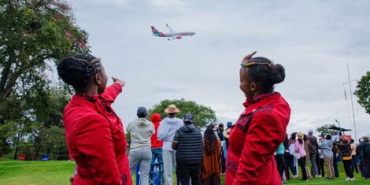
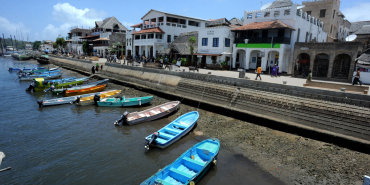
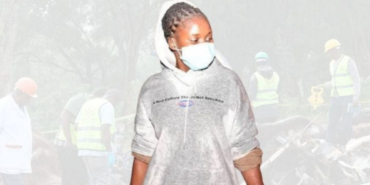
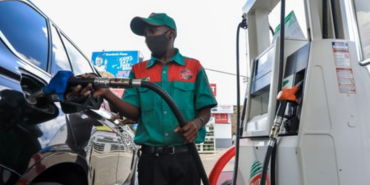
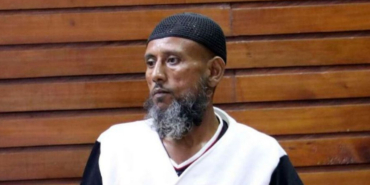
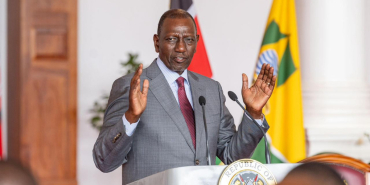
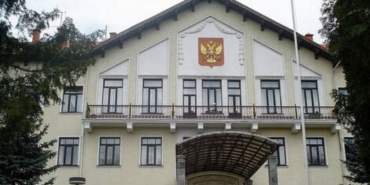

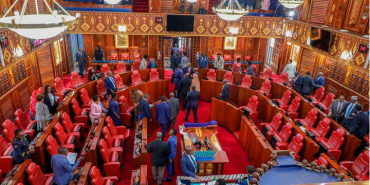

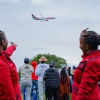


Add new comment